By Nur Ikhwan Abadi, Chairman of the Aqsa Working Group (AWG)
I was shocked to receive the news of the death of Hamas leader Ismail Haniyeh, who was killed on the morning of Wednesday, July 31, 2024. Unable to believe the news, I sought confirmation from those close to Ismail Haniyeh whom I had met while volunteering in Gaza.
Inna Lillahi Wa Inna Ilaihir Rajiun, the warrior has become a martyr during his visit to Iran as a state guest for the inauguration ceremony of Iran’s new President, Mahmoud Pezeskhian. Ismail Haniyeh died in a planned attack targeting his residance during his visit to Iran.
He was a Hamas leader born on January 23, 1963, in Gaza. He began his political career as a member of Hamas and later served as the Prime Minister of Palestine after Hamas won the elections in 2006.
Also Read: The Forty-Four-Days of Glory: Azerbaijan’s Struggle for Justice and Peace
My first meeting with Ismail Haniyeh was in 2010 when I first entered Gaza. At that time, he was still serving as the Prime Minister of Palestine in Gaza. His appearance was simple, unpretentious, very friendly, and not overly formal like many officials in other countries.
One day, when I and volunteers from Indonesia wanted to meet Ismail Haniyeh, he walked from his accommodation to his office. Interestingly, he instructed his staff to provide transportation for us while he walked. We received an extraordinary honor from Ismail Haniyeh during that meeting. At that time, I handed over a flag inscribed with “Allahu Akbar” to Ismail Haniyeh, which he accepted as a symbol of support for the Palestinian cause.
In subsequent meetings, while I was in Gaza, he often appeared at Friday prayers and delivered the sermon. Usually, the location where he would deliver the Friday sermon, Eid al-Fitr, or Eid al-Adha was announced unexpectedly, close to prayer time, due to security reasons.
During Ramadan, Ismail Haniyeh visited the Indonesian Hospital construction site in Gaza and took time to break the fast with the Indonesian volunteers. His attention to Indonesia was remarkable and respectful.
Also Read: Palestine Solidarity Month: A Collective Movement for Al-Aqsa and Palestine’s Freedom
“Indonesi! Indonesi!” was a greeting we often heard when we crossed paths with Ismail Haniyeh while he was exercising on the shores of Gaza. He was usually accompanied by his guards when out and about.
His simplicity was genuine. He appeared quite modest as a state official and a key figure in Palestine. I once visited his modest home in the refugee camp area in the Gaza Beach, Muaskar Shati, on his invitation.
Near his home was a special room for receiving guests and delegations from various groups. I covered a journalistic assignment for MINA News Agency there during the reconciliation between Hamas and Fatah in 2012.
During my time in Gaza, I also visited the Sheikh Ahmad Yassin Hospital, where I was shown a computer unit that Ismail Haniyeh used when he was the secretary of Sheikh Ahmad Yassin.
Also Read: Hassan al-Turabi: A Controversial Thinker from Sudan
My next meeting with Ismail Haniyeh was in November 2011, when I, along with the Mer-C team, entered the Gaza Strip. I handed over another large “Allahu Akbar” flag to Ismail Haniyeh with a friendly smile.
At that time, we, along with the Mer-C volunteers, requested a plot of land for the Mer-C office and guest house, measuring 250 square meters behind RSI. The request was immediately approved by Ismail Haniyeh. He granted a 250-square-meter plot for the Mer-C office near the Indonesian Hospital in Gaza.
I last met Ismail Haniyeh in May 2024 in Istanbul. As usual, he was constantly engaged in dhikr with a small prayer bead in his hand and always in a state of ritual purity. He warmly welcomed me and the Aqsa Working Group (AWG) delegation from Indonesia. He warmly greeted us and even told the other delegates, “This is the delegation from Indonesia, they will build a Mother and Child Hospital in Gaza,” he said.
The Mother and Child Hospital (RSIA) is a program currently being launched with Maemuna Center Indonesia. Ismail Haniyeh appreciated the plan and maintained regular communication about its progress.
Also Read: Who Exactly is the RSF Group Shaking Sudan?
As a prominent leader in Palestine, Ismail Haniyeh was certainly not free from slander and negative accusations. One common accusation was that he remarried multiple women and lived luxuriously with his family in Qatar.
This is certainly untrue. Ismail Haniyeh had only one legitimate wife and lived very simply, far from the luxury attributed to him. One day, during Iftar in Ramadan in Qatar, he served only modest food. When asked by a relative, “Why only this?” he replied, “This is all we have. We should be grateful compared to our brothers in Gaza,” Ismail Haniyeh said.
Ismail Haniyeh played a crucial role in the Hamas movement. He became the leader of Hamas in 2017, after Khaled Mashal’s resignation. Ismail Haniyeh was a key figure in the organization.
When Hamas won the elections in 2006, Haniyeh was appointed as Prime Minister of Palestine. In this position, he worked to build a stable government in Gaza despite many challenges, including the blockade by Israel and tensions with Fatah.
Also Read: The Two-State Solution (Palestine–Israel) in Historical Perspective
Haniyeh was known for supporting the strategy of resistance against Israel. He played a role in formulating Hamas’ policies that emphasized the importance of armed resistance and diplomacy. Haniyeh was active in building relationships with other countries, including Iran and Turkey, to gain support for the Palestinian struggle. He also worked to strengthen Hamas’ position on the international stage.
Under his leadership, Hamas faced various humanitarian crises in Gaza, including economic and health issues. Haniyeh worked to address these problems despite limited resources.
Ismail Haniyeh had a close relationship with Sheikh Ahmad Yassin, the founder of Hamas. Sheikh Ahmad Yassin was a highly respected spiritual figure in the movement. Ismail Haniyeh, who joined Hamas at its inception, viewed Yassin as a mentor and role model.
Haniyeh was involved in the early activities of Hamas, which was established by Yassin in 1987. They collaborated on developing the ideology and strategies of the movement, which focused on resistance against the Israeli occupation.
Also Read: Enchanted by K-Dramas, Dragged into Slander: Time for Muslims to Rise!
Sheikh Ahmad Yassin provided moral and spiritual support to Haniyeh and other Hamas members. Yassin was known for his strong views on the importance of armed struggle and Palestinian resilience.
After Yassin was arrested by Israel in 1989, Haniyeh and other Hamas leaders continued the struggle Yassin had started. Haniyeh often referred to Yassin’s teachings and principles in his leadership.
Ismail Haniyeh was aware of his position, which was always a target for his enemies. In our last meeting, Ismail Haniyeh mentioned that his children and close family members had become martyrs in the struggle for Palestinian independence. I remember that Ismail Haniyeh showed no signs of deep sadness or regret when his children and family members were targeted by Zionists.
“My children have become martyrs in this struggle. I, we, and you from Indonesia will also become martyrs in this struggle,” said Ismail Haniyeh, who showed great respect and gave special acknowledgment to Indonesians like myself.
Also Read: Creating Opportunity and Avoiding Misery; Lesson Learn on Waste Recycling Issue
Haniyeh is gone, but I firmly believe in the saying that one dies and a thousand arise. The Palestinian struggle will continue despite the loss of its leader; Haniyeh’s fighting spirit will continue to grow and inspire thousands of others.
Your mission is complete in this world. Our prayers accompany your departure to eternity… Farewell, True Warrior.. (T/RE1/P2)
Mi’raj News Agency (MINA)
Also Read: Between the Treaty of Hudaybiyyah and Ceasefire in Gaza






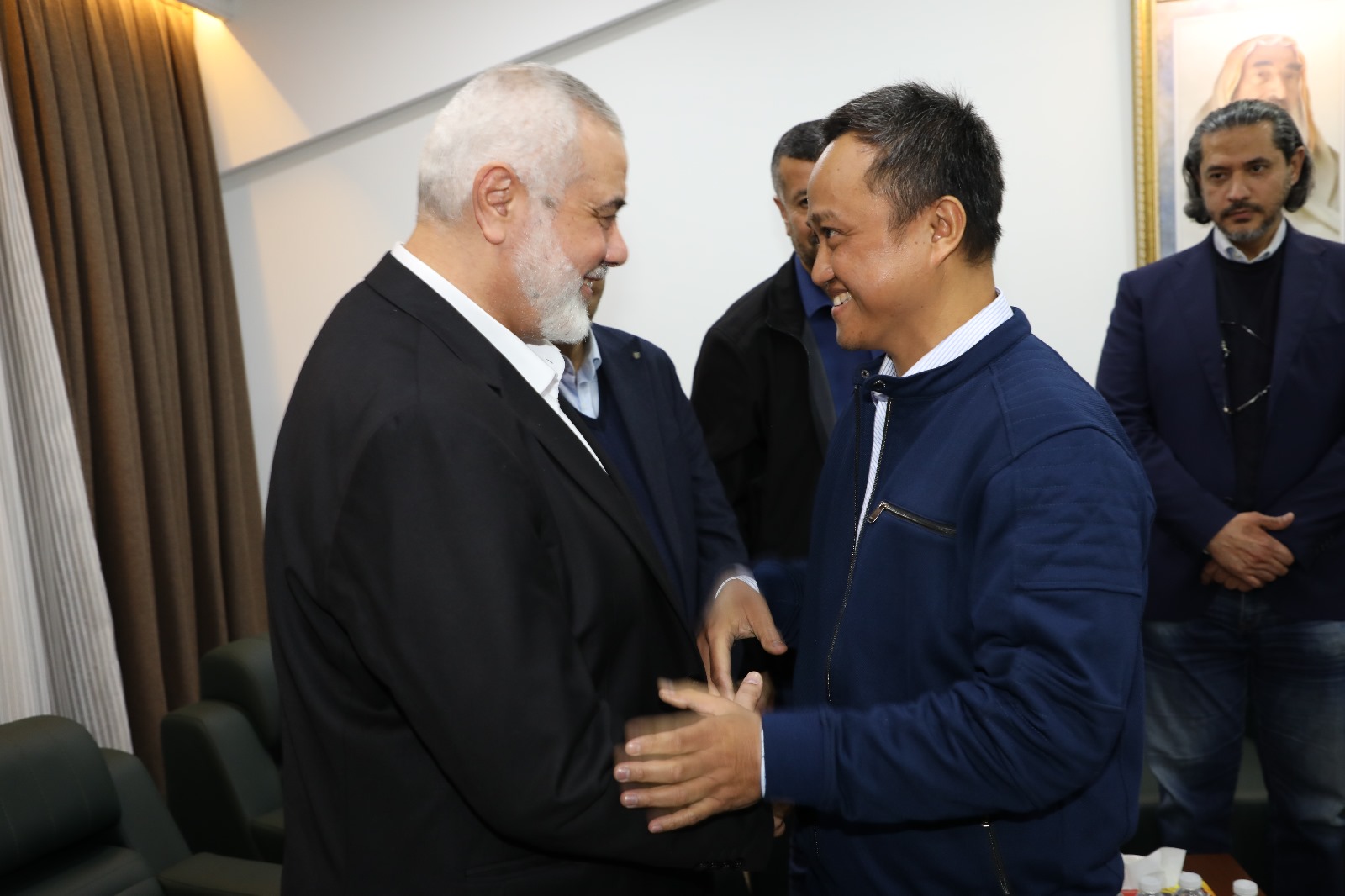

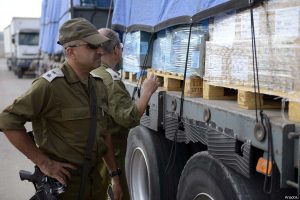
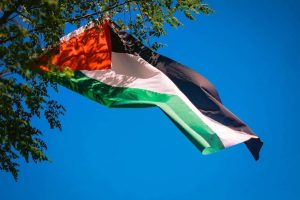
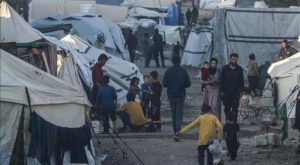
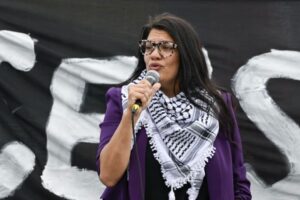




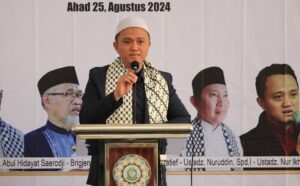
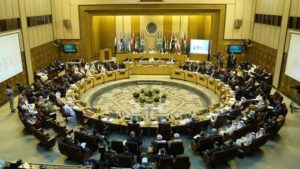
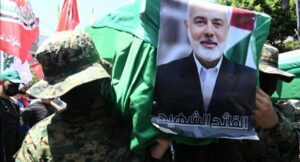
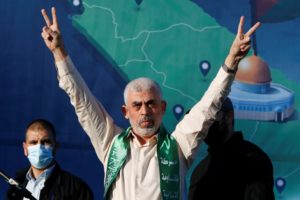
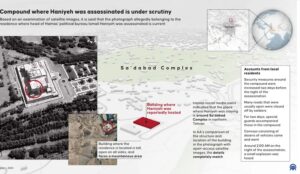













 Mina Indonesia
Mina Indonesia Mina Arabic
Mina Arabic